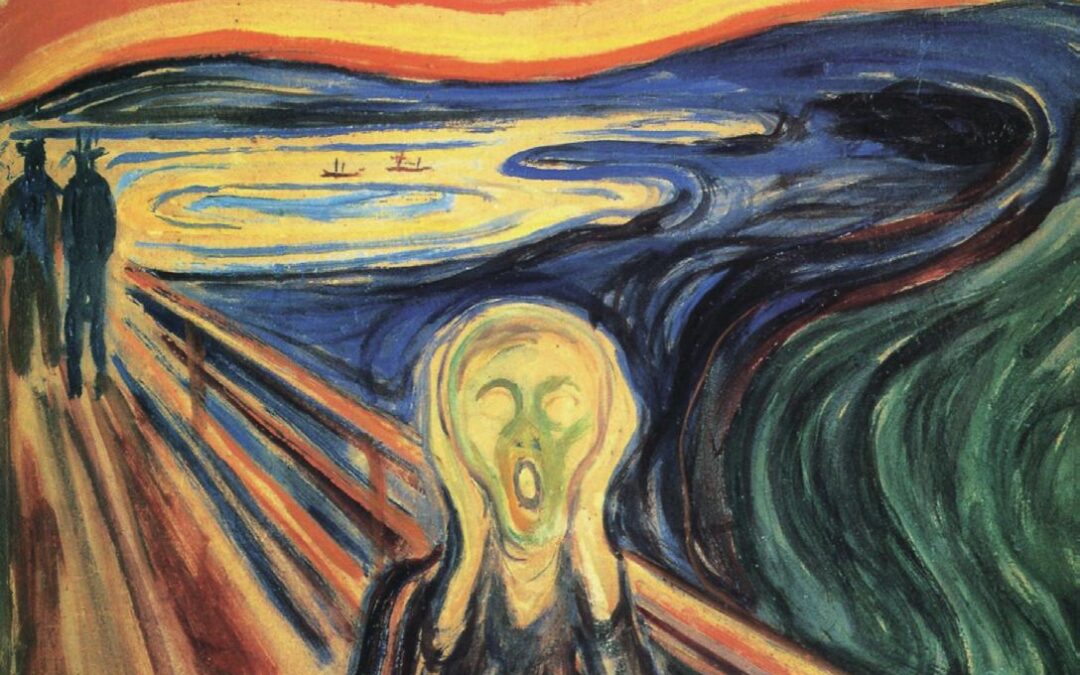Death anxiety in adulthood has been widely researched across natural and social science disciplines with a common purpose to understand and to act upon this complex phenomenon in either its biological, psychological or sociocultural dimensions. The phenomenon can be broadly defined as the representation of various mental processes and emotional states characterised by sadness, aloneness, fear and horror of physical and mental deterioration, the ultimate experience of separation anxiety and extremes of anger and despair about a situation over which one has no control. It can have a distressing impact on our cognitive and emotional ability of being-in-the-world and if left unattended can lead to long term psychological discomfort, such as deficient or excessive manifestations of attachment to life (shown for example in depressive and suicidal positions or narcissistic and promiscuous behaviours). Death anxiety in relation to the adult population is a central theme in current psychology and psychotherapy literature based on theoretical and empirical evidence, that often stems from an enlargement of traditional existential philosophical assumptions on death. Indeed, philosophical assumptions are particularly useful when trying to ascertain the meaning that we – as mature individuals – attach to death throughout our existence, and the ways in which such meaning can influence our different ways of being-in-the-world, including our existential being-for and towards-death.
SUGGESTED READINGS
- Neimeyer, R. A. (2015). Death anxiety handbook. Research, instrumentation and application. 217- 241. 2nded. London, New York: Routledge.
- Tomer, A., Eliason, G. T. & Wong, T. P. (2014) (eds). Existential and spiritual issues in death attitudes. 2nded. New York, London: Psychology Press.



